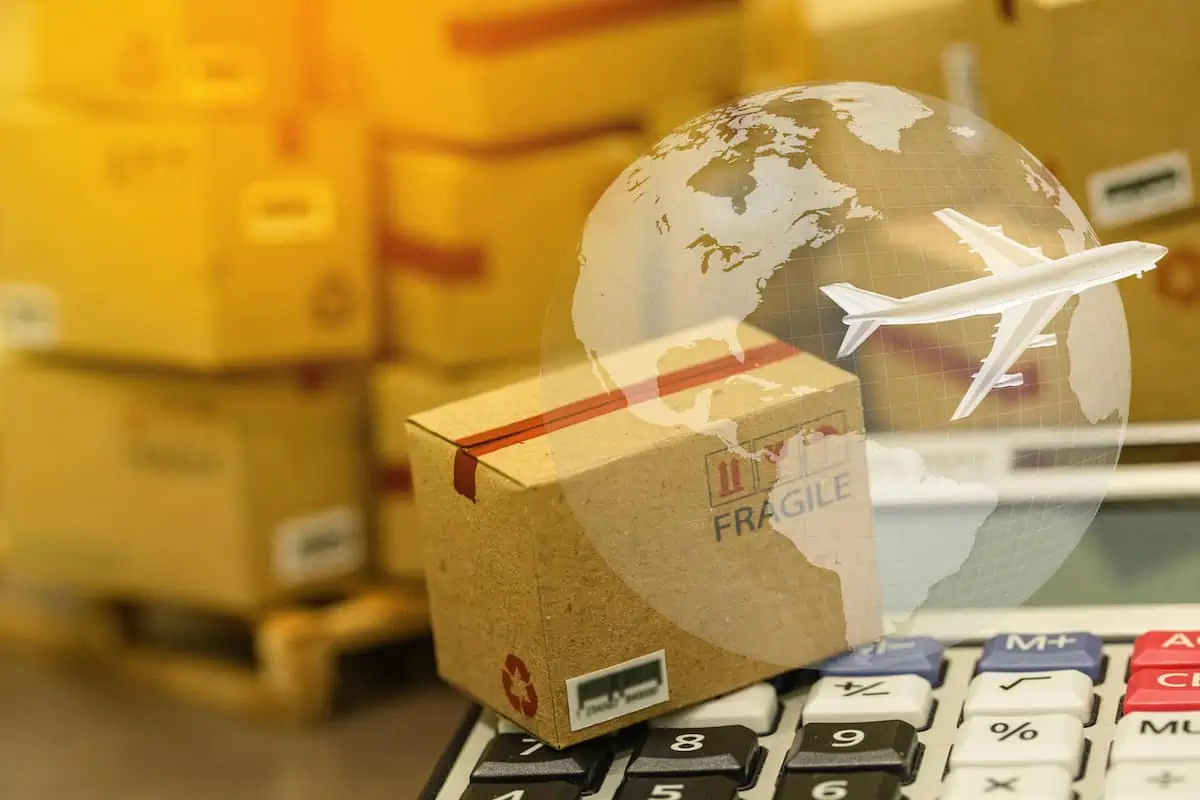As e-commerce has grown in popularity, so has international shipping. Since this new system allows you to buy goods from other countries, you must know all about international shipping, from what to expect when shipping from another country to avoiding fraud.
Shipping overseas can be a lengthy process that necessitates knowledge of what you’re doing to avoid scams, as most of it is done over the internet.
So, here are the 10 things to know about international shipping:
1. Reshipment Services
Just because a company doesn’t ship to your country does not mean you cannot place an order with them. It simply means you must find reliable reshipping services.
Reshipment companies help you fill out an address in a country on the shipping radar of the company from which you want to order your shipment, allowing you to receive your goods once they arrive at the address you provided.
2. Extent Of Shipment Services
If you plan to ship goods from an online store, you should consider whether the store’s shipping services reach your country. Some companies only deliver to a limited number of countries, and yours might not be one of them. However, this shouldn’t stop you.
You can still order from that company through companies that provide reshipment services. They allow you to enter an address in a country where the company you ordered from can deliver your goods and reship them to you.
3. Time In Transit
You’ll need to know how long the shipping process will take. It will help you decide when to ship your goods if you have a specific event for which you need your goods delivered. Knowing how long your goods will be in transit will help you decide which shipping method to use.
International shipping is prone to delays, and your commodities may take longer than expected in customs, so carefully planning your shipment is advised.
4. Weight Of Goods
Whether you use a package forwarding service or direct shipping, you must consider the weight of your goods according to how much money you have. International shipping isn’t cheap, so you must be conscious of the goods you order since their weight charges them.
5. Customs And Duty Payments
For any shipped product to be allowed into a country, it has to clear customs. It ensures that all taxes and duties are well paid. Therefore, you must know how the country to which your goods are being shipped charges its duties and taxes; this way, you don’t underestimate the total cost of shipping your goods.
6. Shipping Prices
You’ll need to know about the shipping prices. It isn’t only to avoid being scammed but also to compare prices and choose the most convenient shipping location.
To do this, go to the company’s website, check their fees, and put in the weight and dimensions of your goods to get an estimated price.
7. Medium Of Transportation
The time spent in transit and the cost of shipping your goods depends on the transportation medium. It’s up to you whether you want to freight by air or ship by sea, depending on how much time you need your goods to be in transit and how much you can afford.
Freighting is a faster medium of shipping, but it’s way more expensive than shipping by sea, which is cheaper but takes a long time in transit. However, shipping by sea is ideal for fragile goods that must be handled carefully to avoid breaking.
8. What Goods To Ship
To be equipped for international shipping, you need to know which goods can be shipped into your country and which are perishable. When shipping internationally, you have to consider if the goods are perishable, and this will determine what medium of transportation you’ll use and if you also want to deliver that product.
Some goods aren’t allowed into some countries, so you need to know what goods your country allows to avoid having your commodities held at customs.
9. Documentation
Shipping internationally isn’t as difficult as it seems, but it does require filling in some documents. You must fill in the paperwork correctly, or you might lose your package. Providing the right home or business address and email address ensures you don’t lose your goods in transit or on delivery.
10. Legitimate Stores
Before considering international shipping, you need to research which stores are legitimate. Since you need to pay beforehand for your goods to be shipped, you must be careful where you send your money. Some stores are scams, so you must visit trusted stores to ensure your shipping safety. So know the authenticity of your shipping services all in all.
11. Exchange Rates
Furthermore, you need to know about exchange rates. Since you’ll be paying to another country that might use a different currency from yours, you must know the exchange rates in order for you not to overrate or underrate your costs which will disadvantage you if you find out that the shipment costs way higher than you anticipated.
Conclusion
Now that you understand some of the fundamentals of international shipping, you can ensure that everything goes smoothly. Shipping products from anywhere in the world is a great option, so learning the fundamentals of the practice is an excellent way to get started. So, be mindful of customs and border restrictions, transit time, and shipment costs.

